Description
This full-face respirator mask is designed to provide a secure fit over the entire face, covering the eyes, nose, and mouth. It is used to protect the wearer from inhaling harmful airborne particles, gases, and vapours in hazardous environments. These masks are commonly used in industries like construction, manufacturing, painting, healthcare, firefighting, and chemical handling.
Key features of a full-face respirator mask include:
-
Full Face Coverage: Unlike half masks, which cover only the nose and mouth, full-face respirators extend to protect the eyes as well.
-
Sealed Fit: The mask has a sealing gasket that ensures a snug fit to the face, minimizing the risk of exposure to dangerous substances.
-
Filters and Cartridges: Full-face respirators often use replaceable filters or cartridges to trap harmful particles, chemicals, or gases. The type of filter depends on the specific hazard.
-
Vision Protection: The mask includes a clear visor or lens to provide visibility while protecting the eyes from irritants like dust, smoke, or chemical splashes.
-
Comfort Features: Many full-face respirators include adjustable straps, padding, and a comfortable seal around the face for long-term use.
A respirator mask is used by various people to protect against airborne contaminants. Common users include:
1. Healthcare Workers
- Doctors, nurses, and paramedics (e.g., during disease outbreaks like COVID-19)
- Dentists and dental assistants (to avoid inhaling aerosols)
2. Industrial and Construction Workers
- Factory workers (exposed to chemicals, dust, or fumes)
- Welders (to protect against metal fumes)
- Painters and decorators (to avoid inhaling paint fumes)
- Carpenters and woodworkers (to filter out sawdust)
3. Firefighters
- Use self-contained breathing apparatus (SCBA) for smoke and toxic gases
4. Scientists & Lab Technicians
- Handle hazardous chemicals and biological agents
5. Miners & Oil/Gas Workers
- Protect against coal dust, silica, and toxic gases
6. Agricultural Workers
- Farmers and pesticide applicators (to prevent inhaling fertilizers or pesticides)
7. DIY & Home Improvement Enthusiasts
- When sanding, spray painting, or handling chemicals
8. People with Respiratory Conditions
- Some individuals with asthma or allergies use masks in high-pollution areas
9. General Public (in Certain Conditions)
- During pandemics (e.g., COVID-19)
- In highly polluted cities (to filter out smog and fine particles)

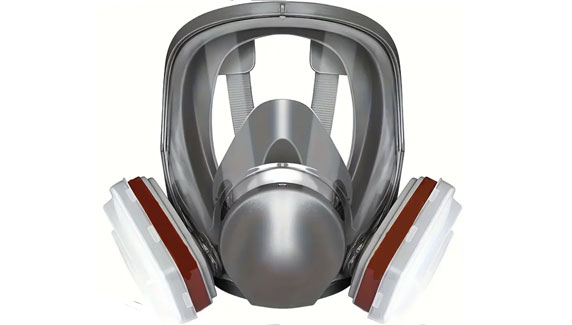
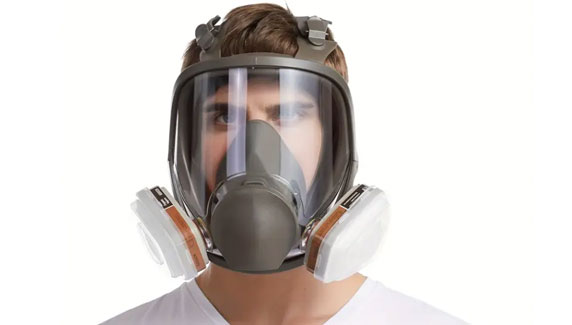
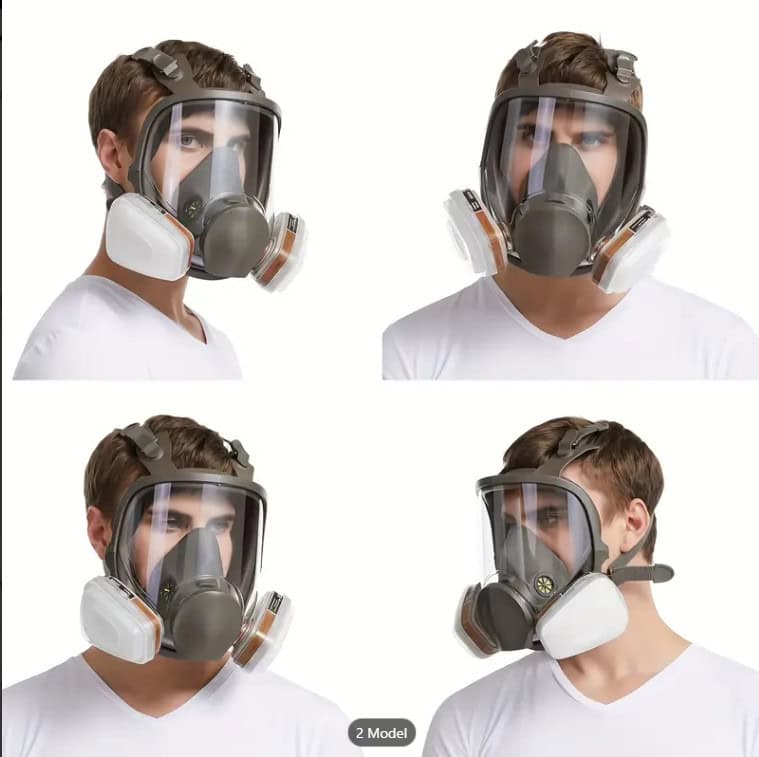
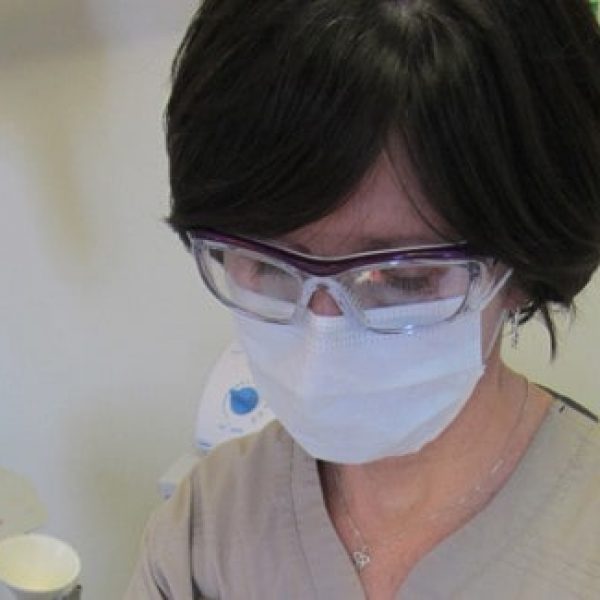

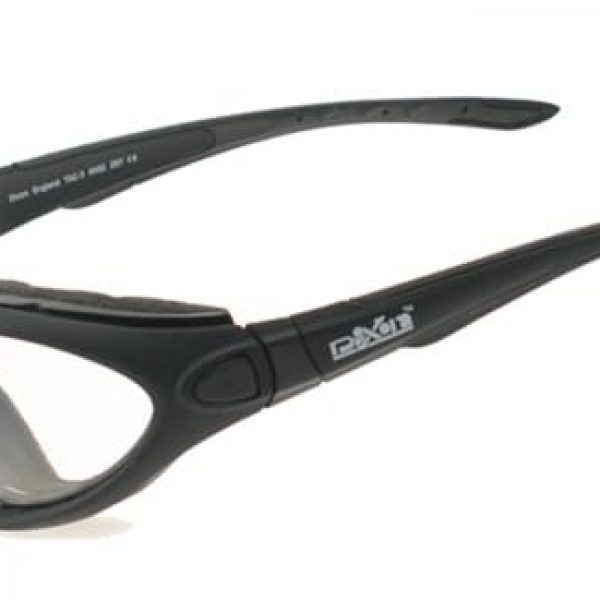
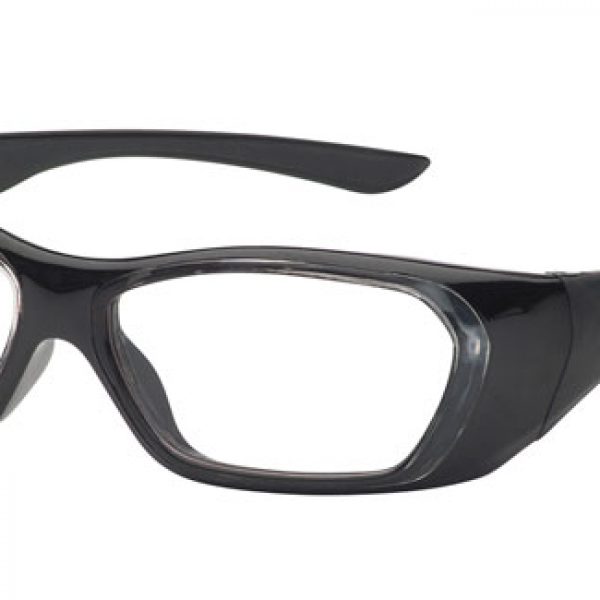
1 review for Full Face Respirator Mask
There are no reviews yet.